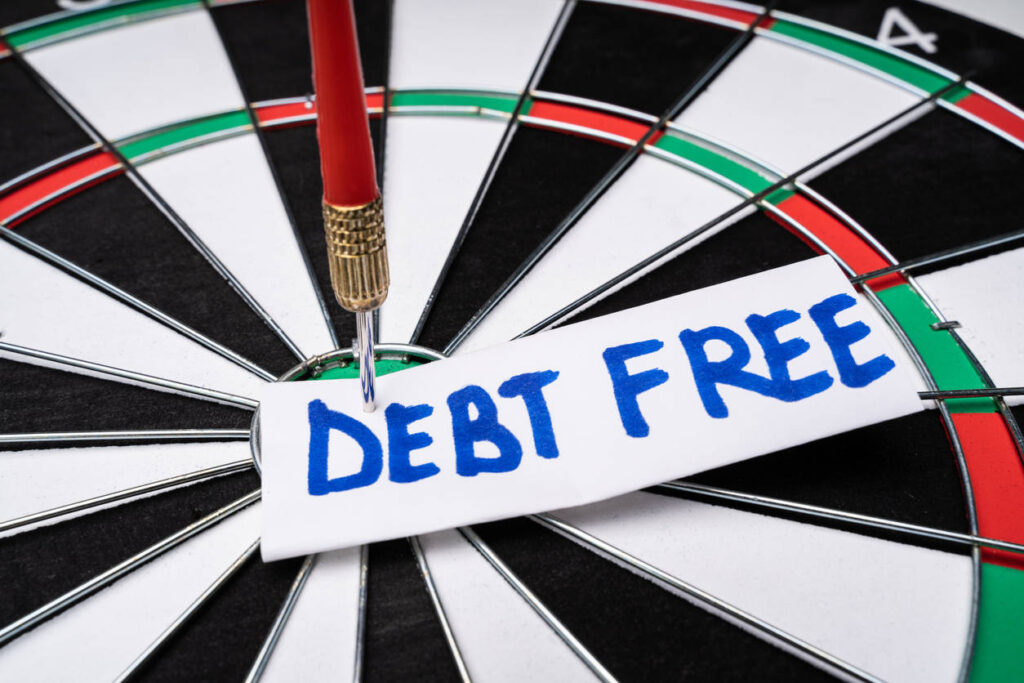Discharge
Once you have completed your plan payments or are at the conclusion of your bankruptcy case, it’s time for the discharge order to be entered.
Before you can receive the discharge, most individuals must complete the Personal Financial Management Course (also known as Debtor Education).
- The course is required to be completed prior to discharge for individuals only, not corporations, and is not applicable in a Chapter 12 case.
- A certificate is issued upon completion of the debtor education course and must be filed with the Court.
- This course provides information on managing money, budgeting, investing for retirement, and other financial information.
- You do not have to wait until the end of your case to take the debtor education course, as you can complete it at any point after filing.
Discharge
- The discharge order is very important and is the goal of every case, as it provides that you no longer have legal liability for certain debts. However, there are exceptions to discharge, including but not limited to, certain taxes, student loans, and child support.
- Chapter 7 – The discharge is entered after a deadline for objections to discharge has expired. Typically, it takes around 5 months after filing to receive the discharge. A discharge will not be entered for a corporate entity in a Chapter 7, only individuals.
- Chapter 13 – The discharge is entered after completing the plan payments, usually after three to five years. You may have to file a request for discharge to be entered and certify that you have completed the debtor education course, that you are current on child support or alimony payments (if applicable), and that you are eligible for discharge.
- Chapter 11 – Whether you are an individual or a corporation and the type of Chapter 11 case filed will determine when the discharge may be entered. The process of a Chapter 11 case can be very complex and should be discussed with your attorney.
- Chapter 12 – Typically a discharge order is entered after completion of the plan payments to the Trustee after three years. It is not unusual for plan payments in a Chapter 12 to last longer than three years, and those payments are not included in the discharge and will still be due pursuant to the terms of your plan.
If you have received a discharge in another bankruptcy case in recent years, you may not be eligible for discharge. The number of years you must wait to receive a discharge between cases depends on which chapters you filed under in the old case and the new case.
Most debts such as medical bills, credit cards, and personal loans are dischargeable, and you will not owe those debts anymore once the discharge is entered. Regardless of whether you have business or consumer debts, or large or small debts, if you have questions about whether your debts can be eliminated, and how long it will take to receive a discharge, contact me today for a free consultation.
Next up – Part 6 of Bankruptcy Basics will give you some bankruptcy terms and definitions.
Filing a bankruptcy case is complicated, and you need an experienced bankruptcy attorney to help guide you through this process. Kimberly S. Ward has been representing people just like you for nearly 20 years in bankruptcy cases in Georgia.
Call 912-764-9616 or contact me at info@kswardlaw.com to schedule your Free Consultation.
Make the first step toward financial freedom!
We are a debt relief agency. We help people file for bankruptcy relief under the Bankruptcy Code. We provide federal debt restructuring help.
